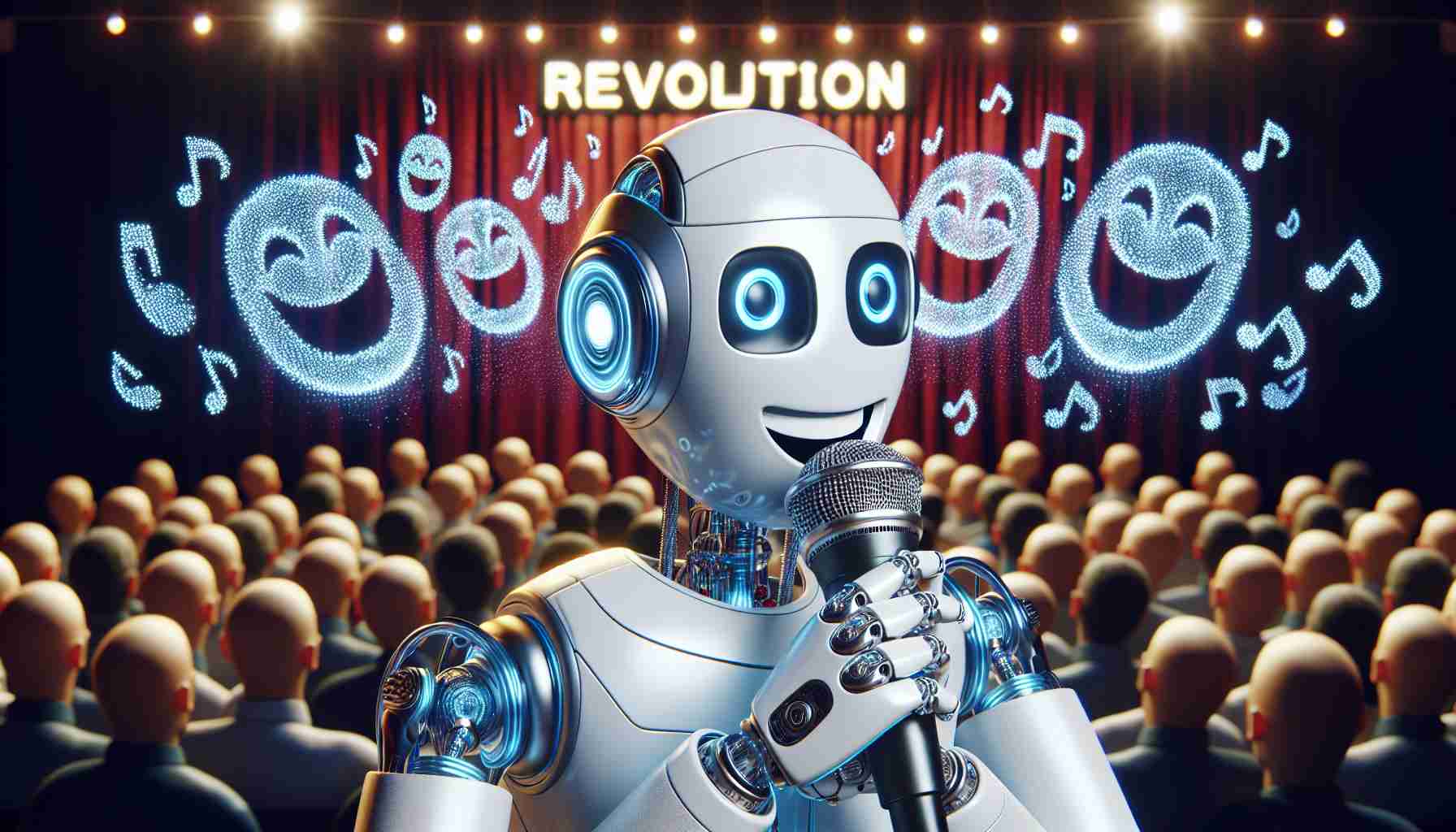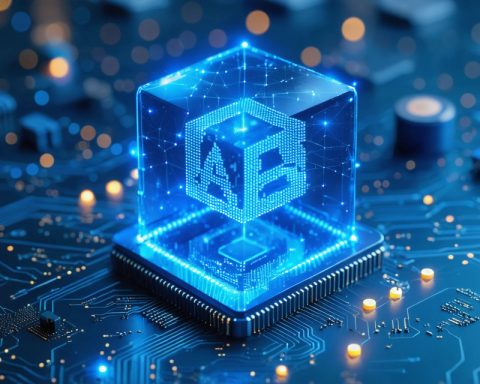In the evolving world of entertainment, a new phenomenon is emerging: AI comedians. With advancements in artificial intelligence, tech companies are exploring the potential for AI to not only deliver jokes but also create them. These innovations could redefine the art of comedy, merging machine learning with humor to create novel comedic experiences.
While traditional stand-up comedy relies heavily on human intuition and cultural context, AI comedians utilize vast datasets and complex algorithms to craft humor that appeals to diverse audiences. By analyzing patterns in language and emotional responses, AI systems are learning what makes people laugh. This development raises important questions about the nature of comedy: Is humor an intrinsically human trait, or can it be replicated by machines?
One of the key benefits of AI comedians is their ability to tailor jokes to individual preferences, providing personalized entertainment experiences. This capability could lead to the rise of interactive comedy shows where audiences influence the direction of the humor in real-time.
However, this technological leap is not without its challenges. Critics argue that AI may lack the authenticity and spontaneity that define comedy’s essence. Ethical concerns also arise regarding potential biases in AI-generated humor and its impact on human comedians’ livelihoods.
As AI technology continues to develop, the comedy landscape may undergo a significant transformation. Whether AI comedians will succeed in delivering genuine humor or merely mimic human attempts remains an intriguing question for the future of entertainment.
Will AI Comedians Redefine the Future of Laughter?
In the rapidly evolving landscape of entertainment, the emergence of AI comedians is capturing the imagination of tech enthusiasts and comedy lovers alike. As artificial intelligence continues to advance, tech companies around the globe are exploring its potential not only to deliver jokes but to create them, heralding a new era where machine learning meets humor.
How AI Comedians are Made
AI comedians function by processing vast datasets and utilizing complex algorithms to craft humor that resonates with broad and diverse audiences. By meticulously analyzing patterns in language and understanding emotional responses, AI systems are learning what makes people laugh. The key innovation here lies in how these programs can quickly analyze humor trends, ensuring that AI-generated jokes remain timely and relevant.
The Pros and Cons of AI Comedians
Pros:
– Personalized Comedy: One significant advantage is their ability to customize comedy experiences according to individual preferences, potentially leading to more engaging and personalized entertainment.
– Interactive Shows: AI comedians could pave the way for interactive comedy shows, where audiences have a say in the comedic trajectory, thereby tailoring the humor in real-time.
Cons:
– Lack of Authenticity: Critics highlight concerns that AI might lack the spontaneity and genuine emotion that infuse traditional human comedy.
– Ethical Concerns: There are ethical considerations regarding bias in AI humor and its potential impact on the livelihoods of human comedians.
AI Comedy: Features and Innovations
With AI comedians, the features that stand out are real-time adaptability, vast content generation, and the ability to continuously learn and improve. The innovative aspect is their potential to transform traditional comedic formats by introducing elements such as audience-driven narrative arcs and AI-driven improvisation skills.
Market Analysis and Future Predictions
The growing interest in AI comedy suggests a burgeoning market, with potential opportunities for tech companies specializing in artificial intelligence and data analytics. As AI systems become more sophisticated, predictions indicate that AI comedians might become regular fixtures in digital entertainment platforms, offering unique comedic experiences.
Security and Sustainability Aspects
Ensuring the security of AI platforms is crucial, particularly in managing sensitive data. Furthermore, sustainability in developing these systems is essential to maintain a balance between technological innovation and ethical responsibility, ensuring that AI comedians are developed with minimal occupational impact on human artists.
For more on the fascinating world of AI innovation, explore resources on OpenAI and stay ahead with the latest trends and insights in artificial intelligence.
As we look toward the future, the question remains: can AI comedians deliver genuine humor, or will they merely echo human attempts at comedy? The evolving comedy landscape seems ready for a significant transformation.












